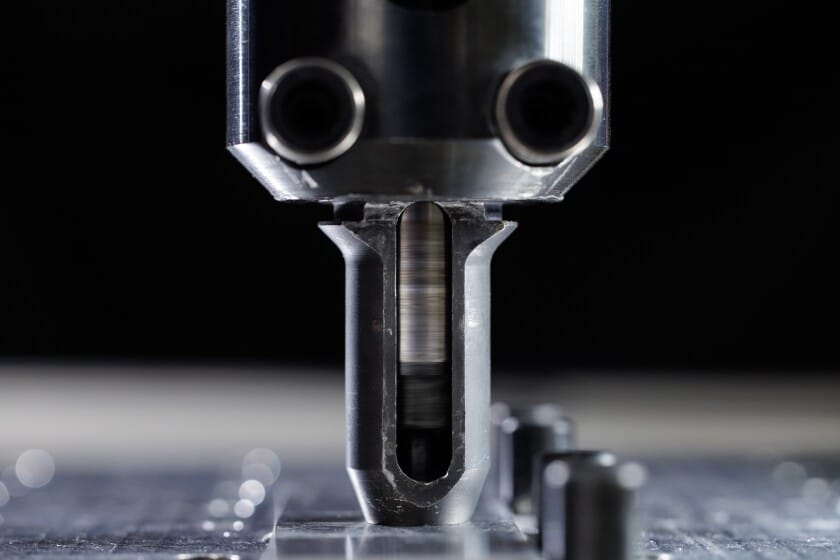BYU & Toyota Revolutionize Welding for Sustainable Automaking

The engineers at Brigham Young University (BYU) have been busy at work with Toyota, and they've got something big cooking for the automotive industry. Together, they're reimagining the way Toyota manufactures its iconic Sienna minivan—starting with the sliding doors. The new welding technique they've developed uses up to 40 times less energy, emits fewer emissions, and, impressively, produces welds that are ten times stronger than before. The magic? A process called refill friction stir spot welding, tailor-made for aluminum parts, which are increasingly the go-to material for lightweight, fuel-efficient vehicles.

Aluminum might be the future of automotive body panels, but it’s notoriously tricky to weld. The conventional spot welding process, designed with steel in mind, just doesn't cut it when you swap out heavier steel for lighter aluminum. That’s where this new process from BYU and Toyota comes into play. Instead of melting the metal, refill friction stir spot welding keeps it solid, applying pressure and using a spinning tool to soften and mix the aluminum together. When the tool pulls away, the metal fills in seamlessly, creating a strong, quality joint. It's efficient, clean, and doesn’t require any extra filler materials—a big win for both Toyota and the environment.
If you'd like to watch a short video to get an idea about FSW, you can check out a TWI content through this link.
The collaboration between BYU and Toyota isn’t just about technical innovation; it’s about working smarter and cleaner. With this welding technique, fewer spot welds are needed, and the reliance on consumables is cut way down, leading to a more sustainable manufacturing process. “What BYU research is bringing is a technology that’s a game changer,” said Yuri Hovanski, the BYU professor leading the project. Toyota's dedication to greener technologies paired perfectly with BYU's mission of responsible engineering—making this partnership a natural fit for innovation that genuinely matters. Together, they may well be setting a new standard for automotive manufacturing, where efficiency and sustainability go hand in hand.
Source:



Discussion